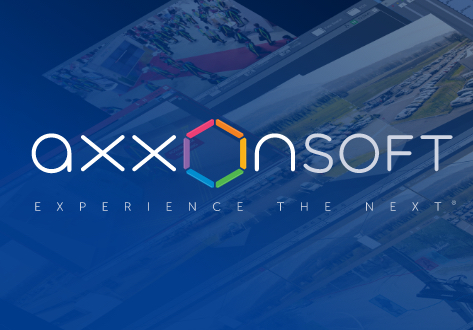Version 5.2 of ACFA integration modules now available
09/02/2014

AxxonSoft releases new version of integration modules for access control, fire/security alarms, and perimeter security systems. Priority in this release has gone to increasing system functionality and addressing shortcomings as requested by AxxonSoft partners and clients.
New features and improvements
Unipos 7000 interactive fire protection has been completely redesigned:
- System stability has been improved.
- Information exchange between systems has been sped up considerably, improving alarm reaction times (in case of fires, faults, etc).
- New reactions have been added for events from the interactive map, enabling smarter hardware use.
Improvements in OPC Wrapper integration module:
- Previously, when configuring the integration module it was possible to connect only to an OPC server on the LAN. Now it is possible to connect to any server inside or outside the LAN.
- DA elements are now better handled: simple rules can be configured for changing the status of an element and map indicator when an element takes on a certain value.
- Visualization of DA elements has been added: now the map can display symbols for elements, indicators of element status, and element values (in text form). Values of elements can now be changed from the map.
- Map interaction has been improved.
Improved integration with the NCG9 sensor/relay network controller:
- Controllers now receive signals about the current status of a security system directly from inputs/outputs: nominal events (such as "Relay on/off") are now recorded in real time.
Integration of new hardware
- Integration with the Siemens Cerberus ECO fire safety system has been added. Thanks to integration of video surveillance and fire alarms, false alarms can be avoided more effectively. Intellect also allows performing high-quality hardware monitoring by correlating alarms with surveillance footage. Almost all tasks for configuring fire safety systems can be accomplished through simple programming, which significantly eases operator tasks.
- Integration has been added with the Virtual Access Server module. This module allows creating virtual access points (without access control hardware) based on recognition of faces and license plates. This integration allows improving site access control without the high expenses associated with traditional ACS. Virtual access points are especially valuable for sensitive sites such as banks and munitions plants. Another important venue for this feature is hospitality facilities, such as casinos, hotels, restaurants, etc., for use in automatic visitor identification.
Virtual Access Servers can also serve as a bridge between Auto PSIM/Face PSIM and the Time and Attendance module. Businesses can automate time and attendance recordkeeping – employee "signin" occurs when the employee is recorded by the security system.
- Integration has been added with the FoxSec access control system, which is designed for solving nearly all tasks related to building ingress/egress: rights and restrictions on access to zones and areas, monitoring of employee movement at a site, tracking of time worked, and more. FoxSec can import a database of hardware (object tree) and users if the site configuration has been previously changed in software. This simplifies installation of the security system and minimizes the expenses associated with new hardware.
- Integration has been added with the Start-7 (RIF-PLUS) information collection and processing system for monitoring of sensor status. Start-7 can be readily integrated with any intrusion and alarm systems that read its sensors' and relays' inputs. Start-7 can also import the object tree from its proprietary database to Axxon PSIM.
- Integration with AnsonDB has been added.
- Integration with TELSAP 2000/2100 has been added.
A number of minor errors have been fixed and overall stability of the product has been improved. Improvements to documentation have been made as well.
To download version 5.2 of the ACFA module, click here.